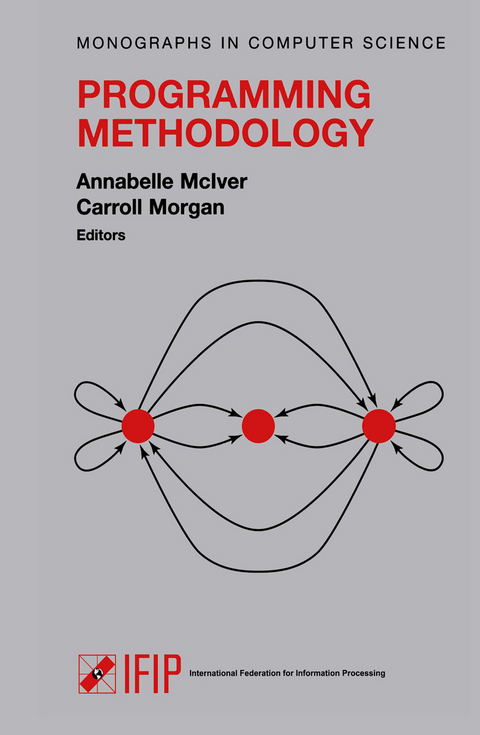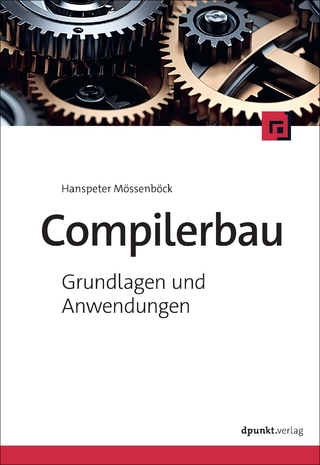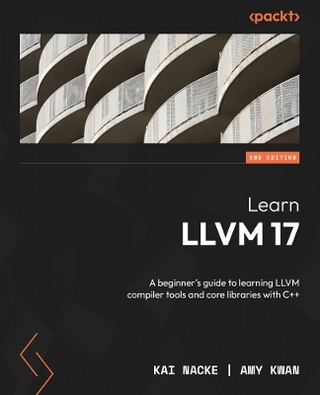
Programming Methodology
Springer-Verlag New York Inc.
978-0-387-95349-6 (ISBN)
I Models and correctness.- A Concurrency and interaction.- 1 Wanted: a compositional approach to concurrency.- 2 Enforcing behavior with contracts.- B Logical approaches to asynchrony.- 3 Asynchronous progress.- 4 A reduction theorem for concurrent object-oriented programs.- C Systems and real time.- 5 Abstractions from time.- 6 A predicative semantics for real-time refinement.- D Specifying complex behaviour.- 7 Aspects of system description.- 8 Modelling architectures for dynamic systems.- 9 “What is a method?” — an essay on some aspects of domain engineering.- II Programming techniques.- E Object orientation.- 10 Object-oriented programming and software development — a critical assessment.- 11 A trace model for pointers and objects.- 12 Object models as heap invariants.- 13 Abstraction dependencies.- F Type theory.- 14 Type systems.- 15 What do types mean? — From intrinsic to extrinsic semantics.- III Applications and automated theories.- G Putting theories into practice by automation.- 16 Automated verification using deduction, exploration, and abstraction.- 17 An experiment in feature engineering.- H Programming circuits.- 18 High-level circuit design.- I Security and keeping secrets.- 19 Power analysis: attacks and countermeasures.- 20 A probabilistic approach to information hiding.
| Erscheint lt. Verlag | 1.10.2002 |
|---|---|
| Reihe/Serie | Monographs in Computer Science |
| Zusatzinfo | XVIII, 470 p. |
| Verlagsort | New York, NY |
| Sprache | englisch |
| Maße | 155 x 235 mm |
| Themenwelt | Mathematik / Informatik ► Informatik ► Programmiersprachen / -werkzeuge |
| Mathematik / Informatik ► Informatik ► Software Entwicklung | |
| Informatik ► Theorie / Studium ► Compilerbau | |
| ISBN-10 | 0-387-95349-3 / 0387953493 |
| ISBN-13 | 978-0-387-95349-6 / 9780387953496 |
| Zustand | Neuware |
| Haben Sie eine Frage zum Produkt? |
aus dem Bereich


